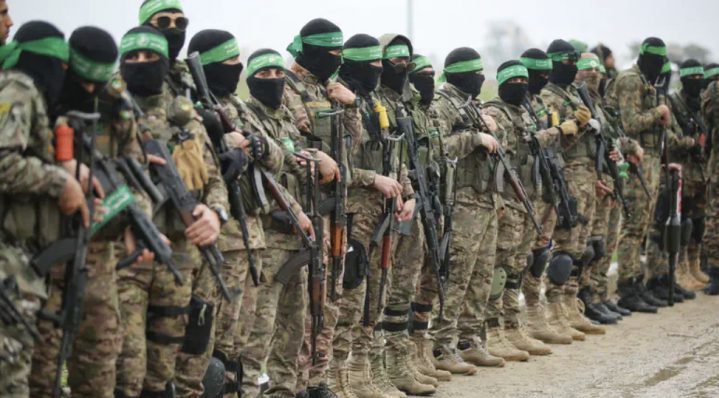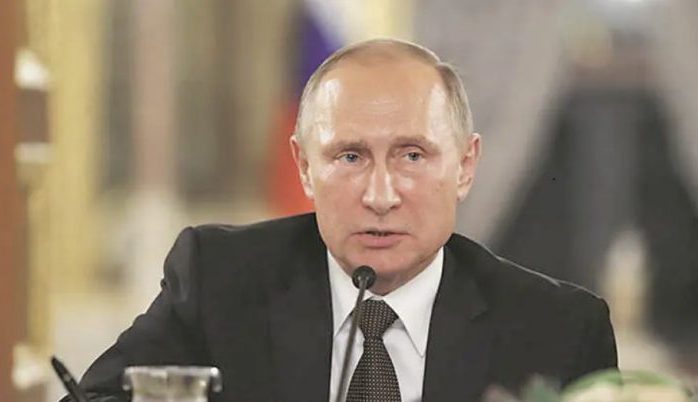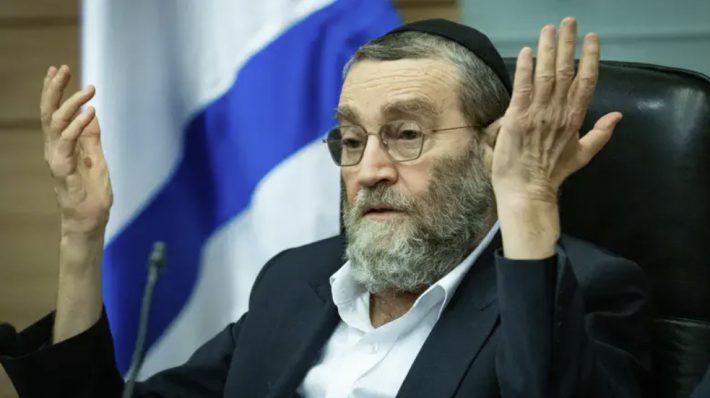Egyptian diplomat claims Trump’s Gaza ceasefire plan permits Hamas to keep weapons “negotiable,” raising Israeli concerns over lasting security threats.
Egypt’s head of public diplomacy, Diaa Rashwan, ignited controversy Wednesday after suggesting that U.S. President Donald Trump’s proposed Gaza ceasefire plan does not mandate the complete disarmament of Hamas — a revelation that has sparked alarm in Jerusalem and among Western security experts.
Speaking to Al-Arabiya, Rashwan claimed that the plan “addresses disarming Hamas or freezing its weapons” but that the extent of demilitarization remains “subject to negotiation.”
“If an international force is required to collect weapons from Hamas and other Palestinian factions,” Rashwan said, “it would place that force in a serious dilemma and facing a big problem.”
He added that no country — Arab or otherwise — would agree to such a mission, warning that any attempt to forcibly seize Hamas weaponry could lead to clashes or gunfights.
The remarks have been met with fury in Israel, where officials have repeatedly insisted that any ceasefire must guarantee Hamas’s full demilitarization to prevent the terror group from rearming and launching future attacks.
An Israeli security analyst told Israel Hayom:
“Freezing Hamas’s weapons means preserving Hamas’s power. It’s a ceasefire on paper — and a ticking bomb in practice.”
Under Trump’s multi-stage plan, Hamas was expected to release remaining Israeli hostages, end rocket attacks, and accept international oversight in Gaza in exchange for reconstruction aid and gradual normalization steps.
But Rashwan’s comments raise questions about Egypt’s interpretation of the plan — and whether Cairo is seeking to shield Hamas from total disarmament to maintain leverage in regional negotiations.
Israeli officials have warned that partial disarmament or ‘weapon freezing’ would undermine any lasting peace, allowing Hamas to retain military infrastructure and terror capacity under the guise of political legitimacy.
“Israel cannot and will not agree to any deal that leaves Hamas armed,” one senior IDF official said. “The lesson of October 7 is clear: no coexistence with a terrorist army.”
Meanwhile, U.S. officials have yet to clarify whether Rashwan’s statements reflect the official position of the Trump administration or a misrepresentation by Cairo to manage its domestic audience.
Analysts note that Egypt — long acting as a broker between Israel and Hamas — faces a delicate balancing act: maintaining regional stability while avoiding direct confrontation with Palestinian militants it struggles to control on its own border.
For Israel, however, the takeaway is unmistakable:
Any ceasefire that fails to disarm Hamas is not peace — it’s postponement.Egypt’s head of public diplomacy, Diaa Rashwan, ignited controversy Wednesday after suggesting that U.S. President Donald Trump’s proposed Gaza ceasefire plan does not mandate the complete disarmament of Hamas — a revelation that has sparked alarm in Jerusalem and among Western security experts.
Speaking to Al-Arabiya, Rashwan claimed that the plan “addresses disarming Hamas or freezing its weapons” but that the extent of demilitarization remains “subject to negotiation.”
“If an international force is required to collect weapons from Hamas and other Palestinian factions,” Rashwan said, “it would place that force in a serious dilemma and facing a big problem.”
He added that no country — Arab or otherwise — would agree to such a mission, warning that any attempt to forcibly seize Hamas weaponry could lead to clashes or gunfights.
The remarks have been met with fury in Israel, where officials have repeatedly insisted that any ceasefire must guarantee Hamas’s full demilitarization to prevent the terror group from rearming and launching future attacks.
An Israeli security analyst told Israel Hayom:
“Freezing Hamas’s weapons means preserving Hamas’s power. It’s a ceasefire on paper — and a ticking bomb in practice.”
Under Trump’s multi-stage plan, Hamas was expected to release remaining Israeli hostages, end rocket attacks, and accept international oversight in Gaza in exchange for reconstruction aid and gradual normalization steps.
But Rashwan’s comments raise questions about Egypt’s interpretation of the plan — and whether Cairo is seeking to shield Hamas from total disarmament to maintain leverage in regional negotiations.
Israeli officials have warned that partial disarmament or ‘weapon freezing’ would undermine any lasting peace, allowing Hamas to retain military infrastructure and terror capacity under the guise of political legitimacy.
“Israel cannot and will not agree to any deal that leaves Hamas armed,” one senior IDF official said. “The lesson of October 7 is clear: no coexistence with a terrorist army.”
Meanwhile, U.S. officials have yet to clarify whether Rashwan’s statements reflect the official position of the Trump administration or a misrepresentation by Cairo to manage its domestic audience.
Analysts note that Egypt — long acting as a broker between Israel and Hamas — faces a delicate balancing act: maintaining regional stability while avoiding direct confrontation with Palestinian militants it struggles to control on its own border.
For Israel, however, the takeaway is unmistakable:
Any ceasefire that fails to disarm Hamas is not peace — it’s postponement.





